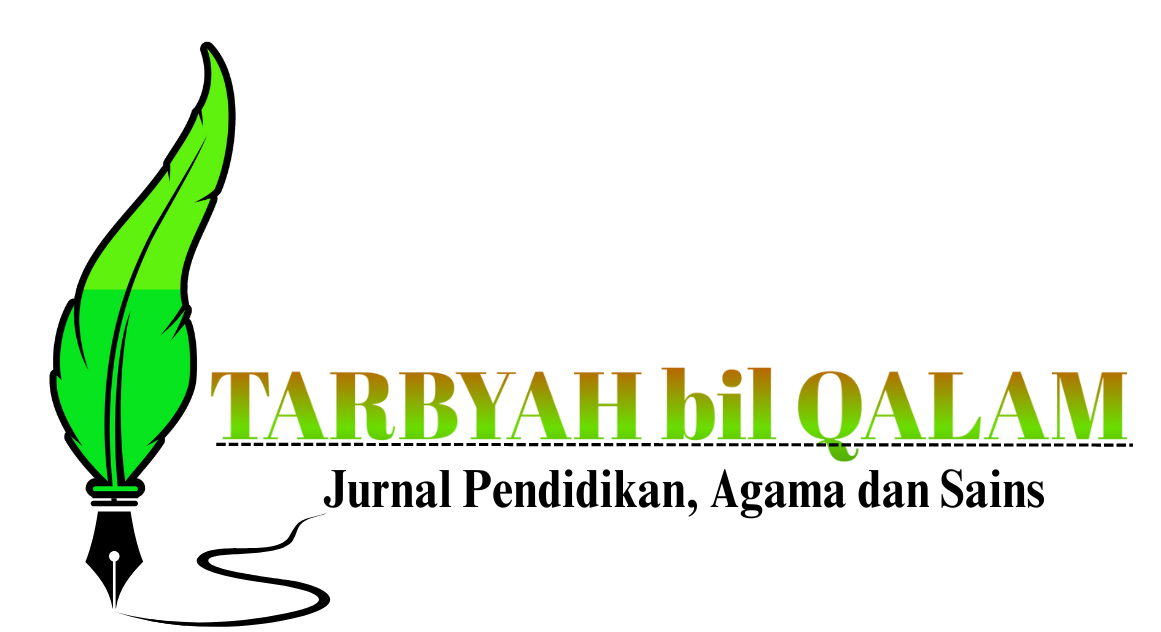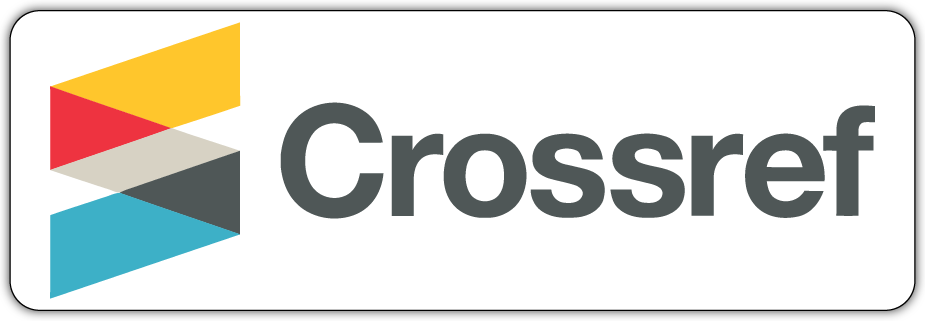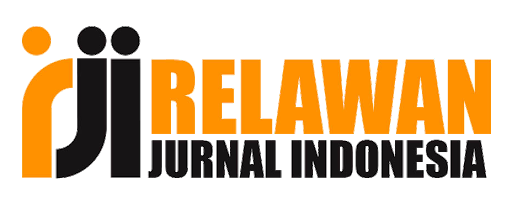Etika Penggunaan Kecerdasan Buatan Dalam Perspektif Islam: Mitigasi Risiko Dan Optimalisasi Manfaat
DOI:
https://doi.org/10.58822/tbq.v9i1.305Keywords:
Kecerdasan Buatan, Etika Islam, Maqasid Syariah, Maslahah, Amanah, TeknologiAbstract
The development of artificial intelligence (AI) technology has a significant impact on various aspects of life, including among Muslims. This article discusses the ethics of AI usage from an Islamic perspective, emphasizing relevant Sharia principles. Through a literature review approach, this article examines how AI can be optimally utilized in accordance with the objectives of Sharia (maqasid sharia), namely the preservation of religion, life, intellect, lineage, and property. It was found that Islam supports technological innovation as long as it does not contradict moral values, such as justice, responsibility, transparency, and respect for individual rights. AI technology is viewed as a tool that can bring benefits, but it must still be used ethically and responsibly to avoid potential harm (mafsadah). Islamic ethical guidelines such as maslahah, amanah, ‘adl, and tawazun serve as important frameworks in determining the appropriateness and acceptability of using AI in daily life. Thus, the utilization of AI in accordance with Islamic values can contribute positively to the welfare of the community and the advancement of civilization.
References
Ali, M. (2019). Artificial Intelligence and Ethics: An Islamic Perspective. Journal of Islamic Ethics, 3(1), 25–40. https://doi.org/10.1163/25899996-12340004
Al-Qaradawi, Y. (1994). Al-Halal Wal-Haram Fil Islam. Cairo: Al-Falah Foundation.
Asrorun Ni'am Sholeh. (2020). Etika Penggunaan Teknologi Informasi dan Komunikasi dalam Perspektif Islam. Jurnal Komunikasi Islam, 10(2), 190–205.
Boddington, P. (2017). Towards a Code of Ethics for Artificial Intelligence. Cham: Springer.
Cath, C. (2018). Governing Artificial Intelligence: Ethical, Legal and Technical Opportunities and Challenges. Philosophical Transactions of the Royal Society A: Mathematical, Physical and Engineering Sciences, 376(2133), 20180080. https://doi.org/10.1098/rsta.2018.0080
Future of Life Institute. (2017). Asilomar AI Principles. https://futureoflife.org/ai-principles/
Jobin, A., Ienca, M., & Vayena, E. (2019). The Global Landscape of AI Ethics Guidelines. Nature Machine Intelligence, 1(9), 389–399. https://doi.org/10.1038/s42256-019-0088-2
Kamali, M. H. (1999). Maqasid al-Shari‘ah Made Simple. London: The International Institute of Islamic Thought.
Malik, M. (2020). Ethics of AI in Islam: Understanding Human Dignity and Responsibility. In IEEE International Symposium on Technology and Society (ISTAS), 20–24. https://doi.org/10.1109/ISTAS50296.2020.9462177
Mittelstadt, B. D., et al. (2016). The Ethics of Algorithms: Mapping the Debate. Big Data & Society, 3(2), 1–21. https://doi.org/10.1177/2053951716679679
Nasr, S. H. (2002). Science and Civilization in Islam. Cambridge: Harvard University Press.
Rahwan, I. (2018). Society-in-the-Loop: Programming the Algorithmic Social Contract. Ethics and Information Technology, 20(1), 5–14. https://doi.org/10.1007/s10676-017-9430-8
Sambas, A. (2021). Kecerdasan Buatan dan Tanggung Jawab Etis dalam Perspektif Islam. Jurnal Filsafat, 31(1), 33–46.
Sardar, Z. (1998). Islam, Postmodernism and Other Futures: A Ziauddin Sardar Reader. London: Pluto Press.
Syahrul Amrin, & Ali Sadikin Ritonga. (2024). Analisis Penerapan Model Pembelajaran Berbasis Proyek Terhadap Motivasi Belajar Siswa Dalam Penggunaan Teknologi. Zeniusi Journal, 1(2). https://doi.org/10.70821/zj.v1i2.14
Syed, M. N. (2001). The Concept of Education in Islam: A Framework for an Islamic Philosophy of Education. Kuala Lumpur: ISTAC.
Tzafestas, S. G. (2018). Ethics and Robotics. Cham: Springer.
Zarkasyi, H. F. (2005). Misinterpretation of the Islamic Ethics in the Contemporary Muslim Thought. Islamica, 1(1), 1–16.
Zarkasyi, H. F. (2015). Pendidikan Islam dalam Wacana Kontemporer. Jakarta: RajaGrafindo Persada.
Downloads
Published
How to Cite
Issue
Section
License
Copyright (c) 2025 Fatimah Yanti Sinaga

This work is licensed under a Creative Commons Attribution-NonCommercial-ShareAlike 4.0 International License.
Sekolah Tinggi Ilmu Tarbiyah Al-Bukhary Labuhanbatu by Tarbiyah bil Qalam is licensed under Creative Commons Attribution-NonCommercial-ShareAlike 4.0 International





















